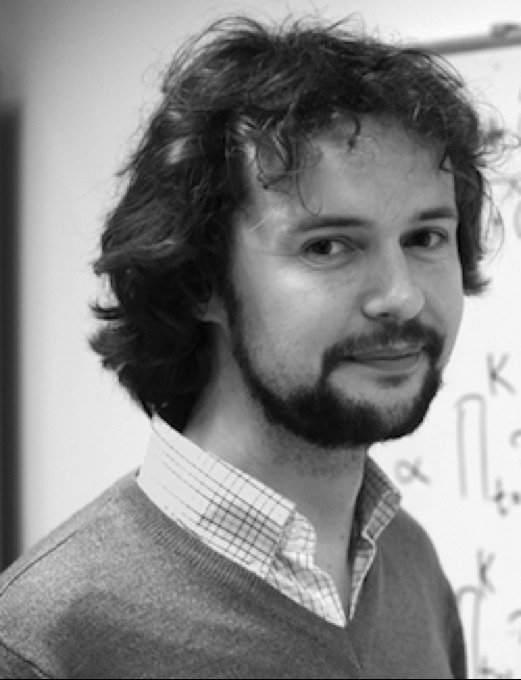Home
Workshop Overview
Advances in learning spatially related features via convolutional neural network (CNN) architectures has resulted in strong performance gains within the image understanding domain. Many real world problems do not exhibit such a regular spatial domain, making it non-trivial to define a feature mining operator. Such domains may still exhibit spatial relationships that may be of use for learning; weather stations across a country, or joints on the human skeleton for example. The area of deep learning on irregular domains has attempted to make use of the intrinsic spatial information encoded in the domain to learn features on the problem at hand. They employ such methods as signal processing on the graph, graph-based CNNs and manifold-based heat kernels to learn a filtering on input data from a localised region of the domain.
This workshop aims to foster study into the understanding of implementing deep learning on spaces in which conventional CNN operations are ill-defined. It is hoped that the community will be able to engage in dedicated discussions into advancing state of the art performance for problem domains with an irregular topology.
Topics of Interest Include (but not limited to):
- Exploiting spatial relationships in non-Euclidean domains
- Data mining and signal processing on graphs
- Spectral graph methods
- Deep learning on irregular problems and graph structured data
- Feature extraction on graphs
- Applications of deep learning on novel domains
- Developing filters on manifolds, graphs and non-Euclidean spaces
- Learning domain topology
- Graph construction and pooling
- Domains with an irregular spatial relationships that would benefit from feature mining.
Alongside papers on advancing the methods for deep learning in irregular domains, we also encourage the submission of papers into the application of such methods. This includes, but is not limited to, such domains as:
- Medical image analysis
- Text analysis
- Social media analysis
- Human action recognition
- Sensor network analysis
Submission details
We welcome submissions that present developments in performing deep learning on domains that exhibit an irregular spatial topology, mining spatially related feature for a variety of application purposes. Full papers and abstract papers are equally welcome.
Submissions must be made through the CMT (https://cmt3.research.microsoft.com/DLID2017) site, and will undergo a peer-review process.
Submissions should adhere to the proceedings style guide given by the main British Machine Vision Conference 2017 (details can be found under "Typsetting" here).
Papers should be between 3 and 8 pages in length, excluding references and measured from the top of the page.
Papers accepted and presented at the workshop will be published by the BMVA as an online proceeding, in accordance with previous workshops hosted by the BMVA. The proceedings of workshops hosted by the 2015 BMVC can be found here
Invitation to journal special issue
A selection of suitable best papers accepted to the workshop will be invited to submit to a special issue journal publication on the topic.
Invited Speakers:
Michaël Defferrard
'Deep Learning on Graphs: Learning beyond Euclidean Data'
LTS2 laboratory
École Polytechnique Fédérale de Lausanne (EPFL), Lausanne, Switzerland
Ivan Titov
'Graph Convolutional Neural Networks for Natural Language Processing'
Institute for Language, Cognition and Computation
University of Edinburgh, UK
Federico Monti
'Geometric Deep Learning'
Institute of Computational Science
Università della Svizzera italiana, Switzerland



